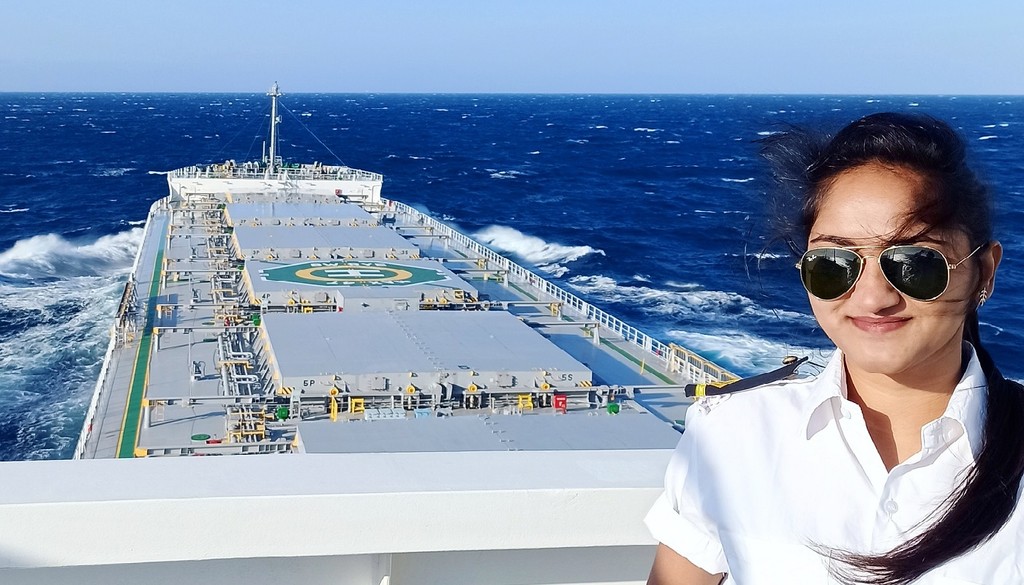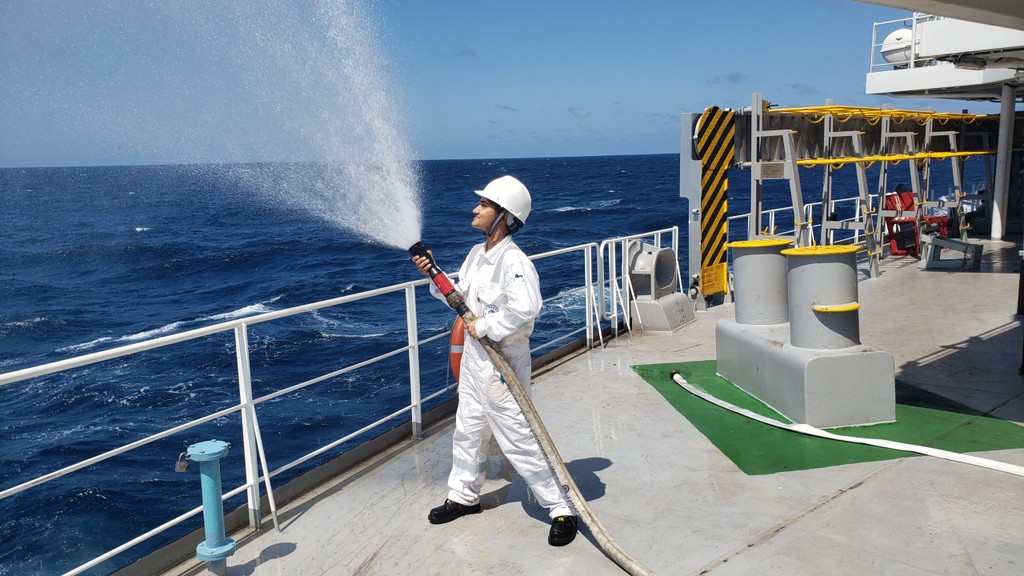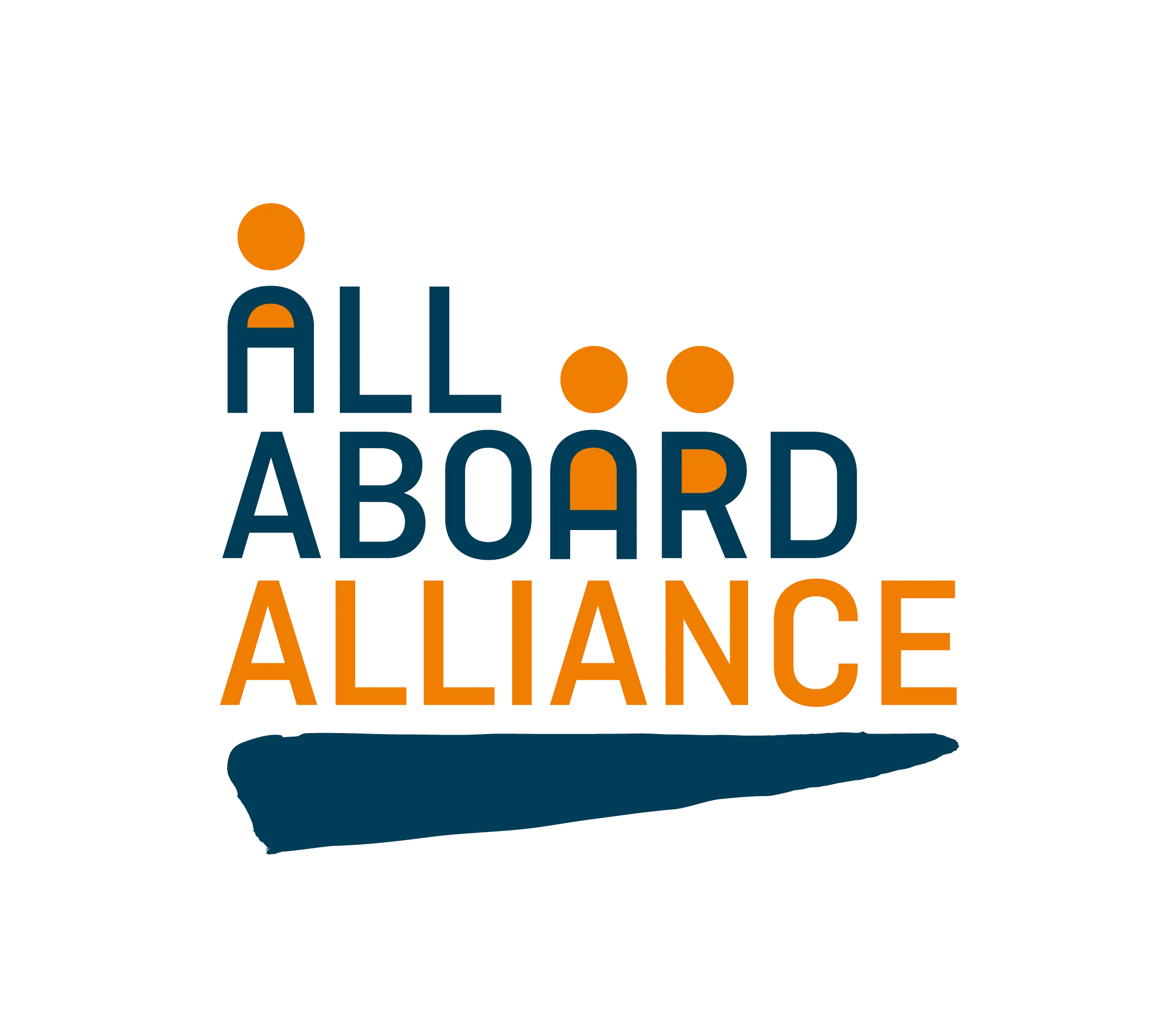1. Why did you choose a career in seafaring and when did you start sailing?
I joined my first vessel – a tanker – as a Cadet in 2016.
When I was in school, I could see only two options i.e., engineering, and medical, but I wasn’t interested in either of those. I always wanted to do something different, to explore the world, meet new people and understand their cultures and lifestyle. I didn’t want to be limited to the four walls of the office.
Seafaring is different. It is quite unlike other professions, and very different to most shore jobs. For me, life as a seafarer is adventurous as every day is different. I didn’t realize it until I joined my first ship, but it is more adventurous than I had imagined.
2. What can you remember from your first trip as a Deck Cadet?
My first ship was a magnificent 24-year-old tank ship and I considered myself lucky to join her. As a Cadet, mostly I was on deck, assisting in maintaining machinery and learning to maintain and take care of the whole ship, and with spanners, rags and cutters in my pockets, and wearing boiler suits often stained with paints, grease and oil.
I am very happy to say that I was not discriminated against in respect of any kind of work or ship operations. I used to get an equal amount and the same type of work as my fellow male Cadets, which also of course made me learn more about teamwork.
The hardest part of the day was getting up at 4.00 am for the navigational watch. However, it used to be fun when I had to go to the anchor or mooring station at midnight, or early in the morning. I found I was amid the most beautiful scenes at sea, with the shore lights and the open sky and with lots of stars and a fresh breeze, which relieved the stress of getting up early.
3. Where did you complete your maritime training?
I completed my pre-sea training at the Indian Maritime University, Chennai.
4. Why did you choose to join Synergy Marine Group?
Synergy is a well-known company, and it is expanding worldwide, creating more opportunities for Indian seafarers and those of other nationalities. The working culture of the Synergy Group is the most appealing part. The office staff and the onboard staff are very supportive of their seafarers. Their attitude towards their employees, including of course the newly joined, is most welcoming and very positive.
These things, though seeming minor, actually have a good impact on the employees and their working efficiency. When you know you have all the support you need, all the hectic and important jobs get completed without stress. This gives rise to, and sustains, an immediate professional attitude towards the work.
Also, Synergy keeps its seafarers and other employees entertained, refreshed, and motivated with creative activities like photo competitions, essay writing, dance competitions and such like. So there is always good morale on board, and these activities can also bring us together to work as a team, revealing hidden talents and innovative ideas in a fun way that is also useful for a better future in an advancing world. It has helped us to keep ourselves stress-free, too, as far as possible, during the COVID-19 pandemic, irrespective of the challenges the whole world is facing.
5. What has been your most memorable voyage?
This is my second vessel with Synergy, and I have always gone on different voyages, calling at several ports in various countries, and have already sailed routes from the Atlantic to the Pacific, worldwide. I can’t really decide which was the most memorable because every voyage is unique for different reasons. Every voyage gave me different experiences and contrasting challenges.
6. What are the challenges you have faced on board as a woman seafarer?
The challenge is acceptance. Even in such a globally diverse profession, there remain people in the wider industry who cannot accept gender diversity and so treat women just as men are treated.
I would not call this discrimination, exactly. Still, a minority just cannot accept the changes readily – which we women can happily ignore, because so many others are very supportive and do not make you feel different as a woman.
7. What do you enjoy most about working at sea?
It is a popular saying that every day is not the same day working on ships, which is an aspect I like. Certainly, every day is not the same. You get different tasks and challenges daily. Working with new people every time I join back allows me to know more about other cultures, religions, and lifestyles, which also broadens my mind.
8. Tell us what a typical day at sea looks like for you.
The typical day on board (if there is such a thing) is a port arrival with many activities going on simultaneously, like cargo operations, bunkering, receiving of provisions and stores, crew change, PSC inspections and audits, all of which are planned so as to take minimal time. Managing these operations makes the schedule very busy for all the ship’s staff.
9. What excites you the most about being a seafarer?
The most interesting thing, and what excited me, used to be the shore leave in different ports of the world, but this is restricted now due to COVID-19. I hope the pandemic is resolved soon, and that we emerge stronger than before and make this world a happier place than it used to be.
10. Share something interesting about yourself that we might not know.
I love climbing mountain peaks. To summit Mt. Everest one day is my dream. Mountain climbing gives me strength, teaches me patience, and gives me more confidence to face the challenges this life will present.
11. What are the activities that you like to do during your time ashore?
When I’m ashore, I like to travel, explore the Himalayas, trek to the higher and remote peaks, camp and do paragliding and scuba diving activities. I’m always looking forward to any kind of adventurous activity, for the adrenaline rush.
12. If you ever changed to working ashore, what would you miss most about working at sea?
The thing I would miss most about working at sea is the SEA itself, and experiencing the best of nature’s beauty, knowing that the sea’s depths remain more unexplored than the surface of Mars. I would certainly miss that aspect of the sea.
13. What changes do you believe the maritime industry needs to implement in order to improve gender equality?
Hiring more women seafarers for all ranks on board will eventually make shipping an even more diverse profession. And if we gender-diversify the maritime industry, it will positively impact other occupations around the world. This will set an example, as working on board is one of the most challenging professions.
And if women can work at sea and also in space, why not in every respect on land? Gender diversity will directly influence all countries and the human race. It is not just to promote women, but also to harness the creative minds that remain unused. Ultimately, it is going to benefit the whole world and its businesses.
14. How does sailing with Synergy differ from other shipping companies?
Synergy’s policies, and the priority Synergy gives to its employees, make one feel like an essential part of the company, as exemplified by the theme of iSTEER. The really significant aspect is the working culture of the company. Every employee feels proud working at Synergy, especially with the unstinted support, making one feel safe and thus creating an excellent environment to work on board.
15. It is still rare to find women seafarers, but things are changing for the better. Please share your views on this.
Things are changing for the better as more women seafarers are being introduced to shipping. I hope to see more women in all ranks, including ratings, marine or technical superintendents and other jobs crucial for ship operations.
The introduction of more women into shipping will lead to a more diverse work culture, where employees will share more ideas and different points of view. It will set an excellent example for gender diversity in various other fields. For any country to grow, they must utilize all the people and creative minds that they have, in order to work and grow together.
16. What advice would you give to anyone considering a career at sea, especially young women seafarers?
I would suggest: just go for it, and especially the younger generation, since in this industry we are more exposed to the world and to different points of view, and our perceptions in life become broader, for we are not confined to one place. Also, we become more assertive and toughened through adventurous experiences, which enables us to become agents of change as regards gender diversity. More women are inspired to take on maritime roles because working on ships is seen as a challenging task.








